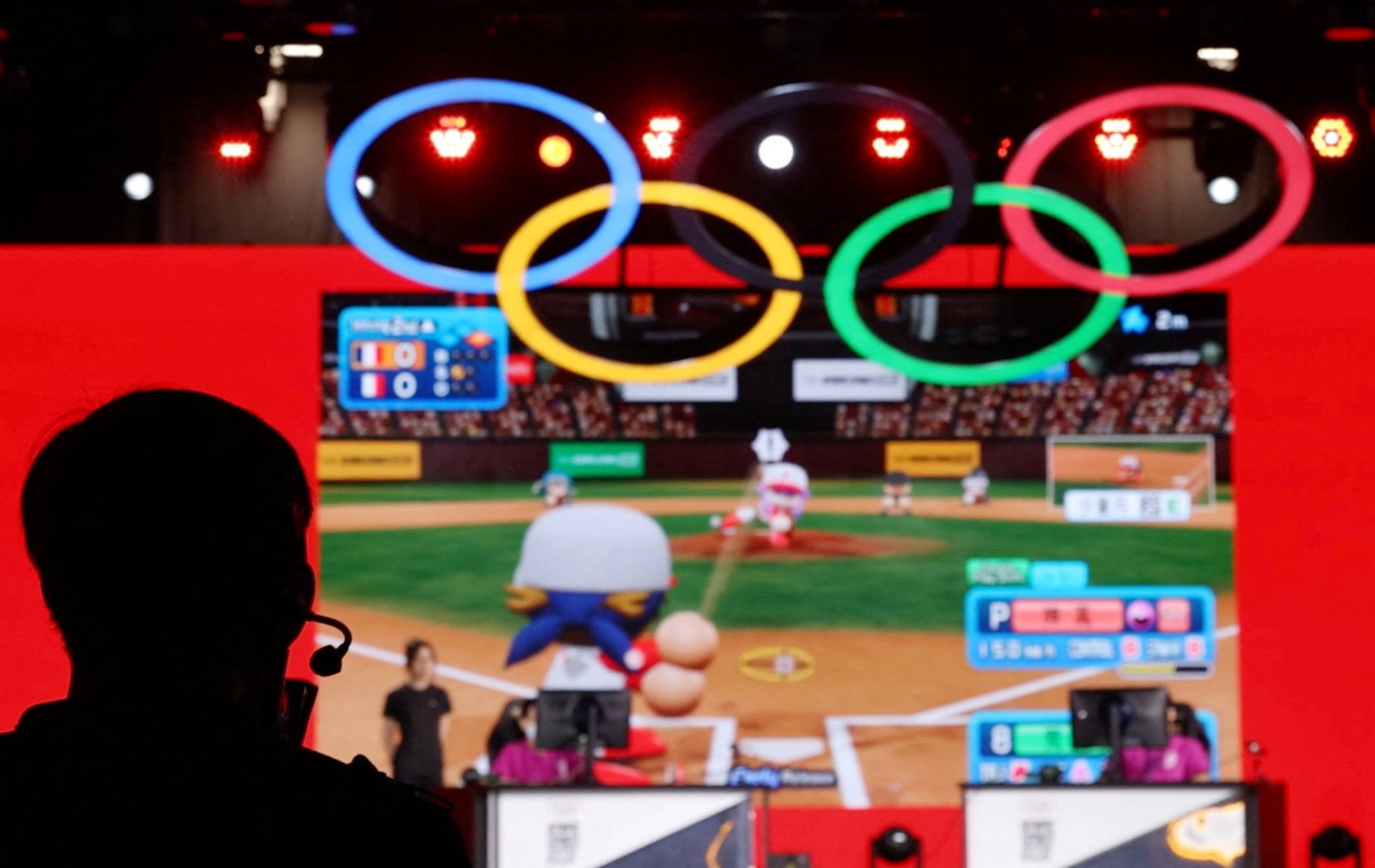Hot on the heels of the World Anti-Doping Agency (WADA) announcing that esports might ultimately come under its code, some elite gamers will get a taste of what that might mean at Olympic Esports Week, which begins Thursday.
WADA said last month that the Global Esport Federation (GEF) approached it about putting together an education program, a potential first step toward embracing the global anti-doping code.
The anti-doping element of this week's inaugural Olympic event in Singapore will mainly be focused on education, although some events, such as cycling game Zwift, are run by the international federations and therefore subject to doping rules.
















With your current subscription plan you can comment on stories. However, before writing your first comment, please create a display name in the Profile section of your subscriber account page.